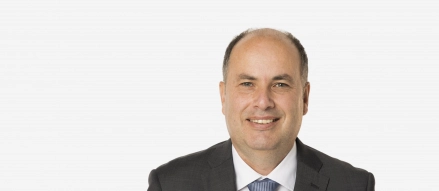The members of the Risk Committee are all CARL partners (except for the compliance director) and have many years of practice experience. Lorcan Colclough and Tommy Doherty are actively engaged in Mazars Group quality reviews and training. Lorcan Colclough is the chairperson of the Committee.
Members are elected on a three year term. The Risk Committee meets approximately 5/6 times a year and there is a Risk Committee report update given at every full partners meeting.
The terms of reference of the Risk Committee (see below for a summary of its duties) are drawn up in accordance with best practice and approved by The Executive.
Both the Risk and Audit Committees have the power to seek any information it requires from any partner or employee and all Partners and employees are directed to co-operate with any request made by these committees. The Risk and Audit Committees have the power to seek outside legal or other independent professional advice and to secure the attendance of non-members with relevant experience and expertise if it considers this necessary, normally in consultation with the managing partner.
The executive ensures that there is a report to the partners at least annually summarising the activity of both the Risk and Audit Committees and any significant issues which arose.
The Risk Committee is actively involved on a continuous basis to ensure its duties were executed including:
- Reassuring management that the business is aware of, and in control of, current and future business risks.
- Safeguarding the business assets and reputation.
- Improving the business's operating performance and brand value.
- Delete and amend to overseeing for the effective design and implementation of firm’s system of quality management.
- Improving the business's operating performance and brand value.
- Improving efficiency by reducing risk exposure inherent in the business processes
- Supporting the achievement of strategic goals.
- Ensuring compliance with regulatory requirements.
- Delivering competitive advantage by delivering high quality services.
- Reassuring stakeholders and interest groups that the business is actively managing risk.
- Ensuring that all alleged frauds have been properly investigated.


















